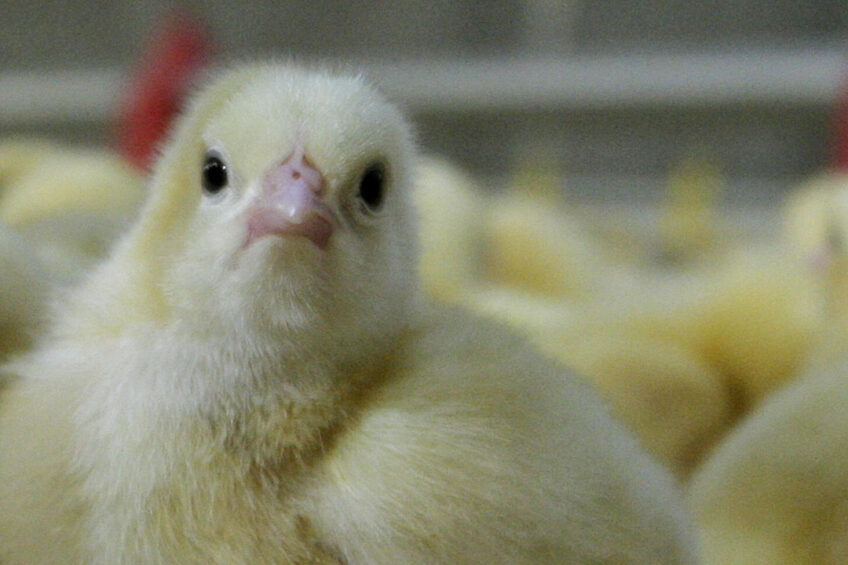November 27, 2025 | 01:39 GMT +7
November 27, 2025 | 01:39 GMT +7
Hotline: 0913.378.918
November 27, 2025 | 01:39 GMT +7
Hotline: 0913.378.918

The High Court ruled that it is the farmers’ responsibility to provide environments that do not cause detriment to chickens. Photo: Koos Groenewold
The High Court ruled that the Department for Food, Environment and Rural Affairs (Defra) did not behave unlawfully in permitting the widespread use of fast-growing birds. It also ruled that it is the farmers’ responsibility to provide environments that do not cause detriment to chickens.
This is despite legislation centred on the Welfare of Farmed Animals Regulations 2007, which says that animals cannot be kept for farming if their genetics cause health and welfare problems.
Statutory provision
The government’s defence at the High Court concentrated on the fact that the environment secretary, Therese Coffey, had “no policy” of permitting any particular breed of chicken to be kept and that she was not primarily responsible for enforcing the relevant statutory provision.
The High Court also heard Defra’s claim that there is no scientific consensus that fast-growing chicken breeds suffer health and welfare problems due to their genes.
Sean Gifford, managing director of The Humane League UK, said: “Our appeal is lodged, and our determination to fight for a better world for chickens is unyielding. We think the [High] Court has made serious errors in their judgement – from failing to see the overwhelming scientific consensus that fast-growing breeds of chicken suffer greatly to considering widespread illness among ‘Frankenchickens’ lawful if only a few individuals in a flock remain healthy. We believe that this is not in keeping with the law. If this law doesn’t apply to ‘Frankenchickens’, which have suffering coded into their DNA, then what on earth is it for?”
A duty to prevent unlawful practices
Edie Bowles, managing director of Advocates for Animals and solicitor for The Humane League UK in the case, added: “Defra is the central authority on animal welfare. They have a duty to prevent unlawful practices in farming. Despite being in full knowledge of the devastating impact the genes of fast-growing breeds of chickens have on the welfare of our most farmed animals, Defra claims they are lawful. These are major contradictions that we hope are given scrutiny in the Court of Appeal.”
The case was backed up by evidence from the RSPCA, whose 2020 report demonstrated that fast-growing chickens, which make up around 85% of chickens raised and killed for food in the UK, suffer from an increased prevalence of health and welfare issues, including heart attacks and painful lameness, no matter the environment in which they are raised.
If successful, the appeal will see the charity granted another hearing to argue the case later this year.
(PW)

(VAN) A new study reveals how the simultaneous effects of ocean acidification, salinity and loss of oxygen are making the world more fragile.

(VAN) Hopes are growing that the creation of the first 3D turkey gut model could be a turning point in the battle against the virulent blackhead disease.

(VAN) Tyson, America’s biggest meat supplier, plans to shutter one of its largest beef processing plants as the industry continues to struggle with low cattle supplies and political pressure from Washington.

(VAN) New FAO study shows how digital solutions are empowering farmers and fishers to prevent losses and build resilient agrifood systems.

(VAN) Brazil's COP30 presidency pushed through a compromise climate deal on Saturday that would boost finance for poor nations coping with global warming but that omitted any mention of the fossil fuels driving it.

(VAN) Poultry farmers in the UK have been warned that they could face one of the worst winters yet for bird flu.

(VAN) Prices of main-crop paddy have risen sharply, with jasmine rice hitting 16,100 baht per tonne — the highest level in years.